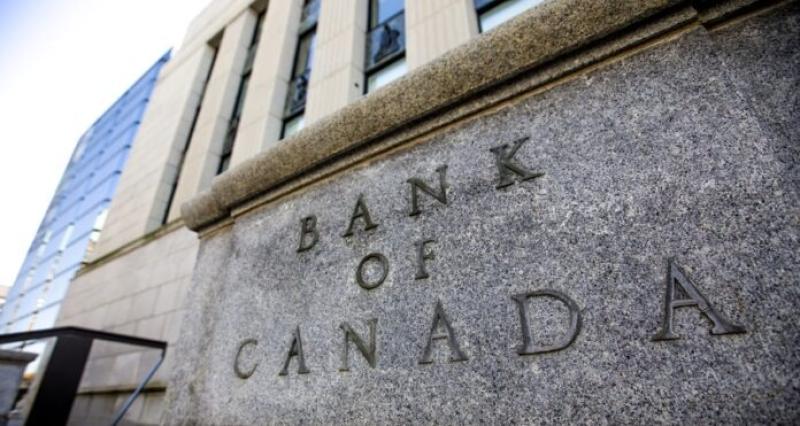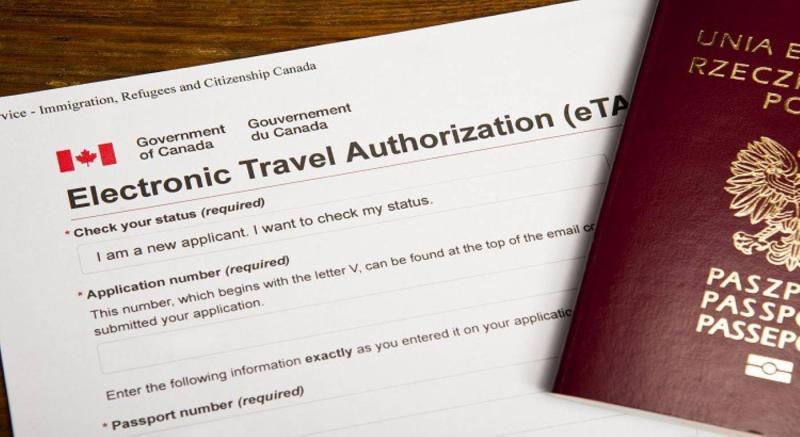The Erosion of Civility, A Canadian Crisis

"This office (place) has zero tolerance for any aggressive behaviour or abuse towards the staff."
This is a warning sign, a stark indication of a pressing societal issue, and is now a common sight in shops, clinics, government offices, banks, and many other business places.
In recent years, a noticeable shift has occurred across Canadian society—a change from the politeness and courtesy that once defined our interactions to a growing prevalence of aggressive and disrespectful behaviour. This change is evident in the increasing number of signs warning clients against using harsh language, profanity, or exhibiting bad attitudes. These signs, now ubiquitous phenomena, are a testament to a troubling trend that threatens the very fabric of our society.
Historically, Canadians have been known for their politeness, often characterized by the frequent use of "Please" and "Thank You." However, today, we see a disturbing deviation from these norms. The need for such signs indicates increased incivility and aggression in public spaces. The question arises: what has happened to our societal texture that necessitates these warnings?
Several factors contribute to this behavioural shift. The increasing pace of life, economic pressures, and the stress associated with modern living have all played a role. The absence of civil society institutions, schools, or even governmental organizations to prepare and qualify new immigrants to integrate into Canadian society has also contributed. Furthermore, the COVID-19 pandemic has intensified stress and social tensions, leading to heightened impatience and irritability.
This behaviour change is not isolated to verbal exchanges in public spaces. It is part of a broader pattern of rising aggression and intolerance. Road rage incidents have surged, reflecting a general decline in patience and respect for others on the road. The significant rise in other manifestations of violence and intolerance underscores a society increasingly on edge.
The implications of this shift are profound. If left unchecked, the erosion of civility could become normalized, fundamentally altering the character of Canadian society. The values of kindness, respect, and understanding that have long been the foundation of our communities are at risk of being overshadowed by hostility and aggression.
It is a collective responsibility to address this issue. Politicians at all levels of government, educators, community leaders, and each one of us must recognize the severity of this trend and act swiftly. Policies aimed at promoting mental health, reducing economic pressures, and fostering community cohesion are essential. Education systems should emphasize the importance of empathy and respect from a young age, reinforcing these values as fundamental aspects of Canadian identity.
Moreover, public awareness campaigns can be crucial in reminding citizens of the importance of civility and the consequences of aggressive behaviour. Community initiatives that encourage positive interactions and conflict resolution can help rebuild the social fabric that has been worn.
The Canada we know and cherish is one where people are kind, respectful, and considerate. We must strive to preserve these qualities in our society. The presence of signs warning against harsh language and bad attitudes should serve as a wake-up call, prompting us to reflect on our behaviour and make a conscious effort to return to the principles of courtesy and respect. Let us not wake up one day and find ourselves in a foreign land, but rather, let us work together to uphold the values that make Canada the country we love.














